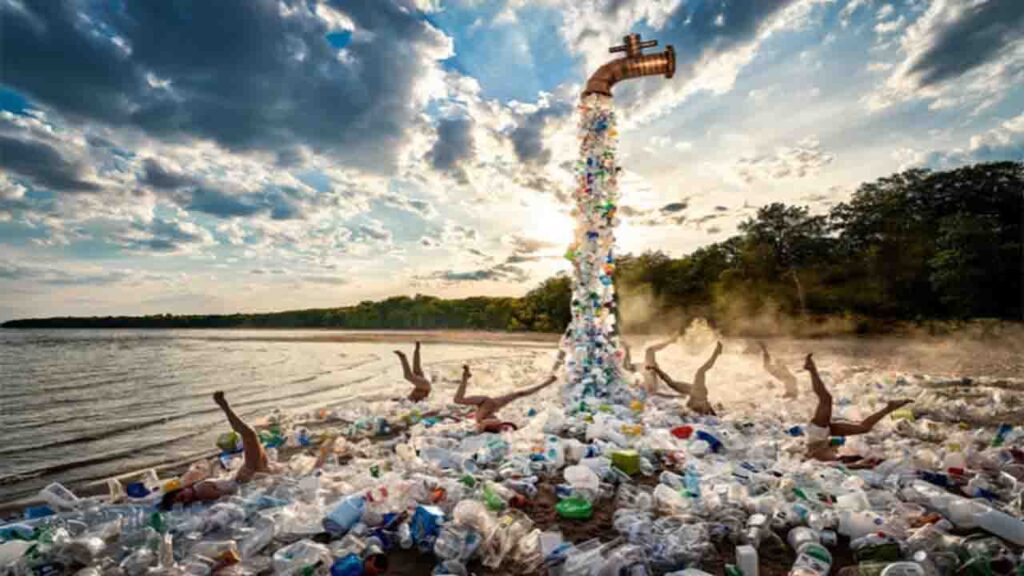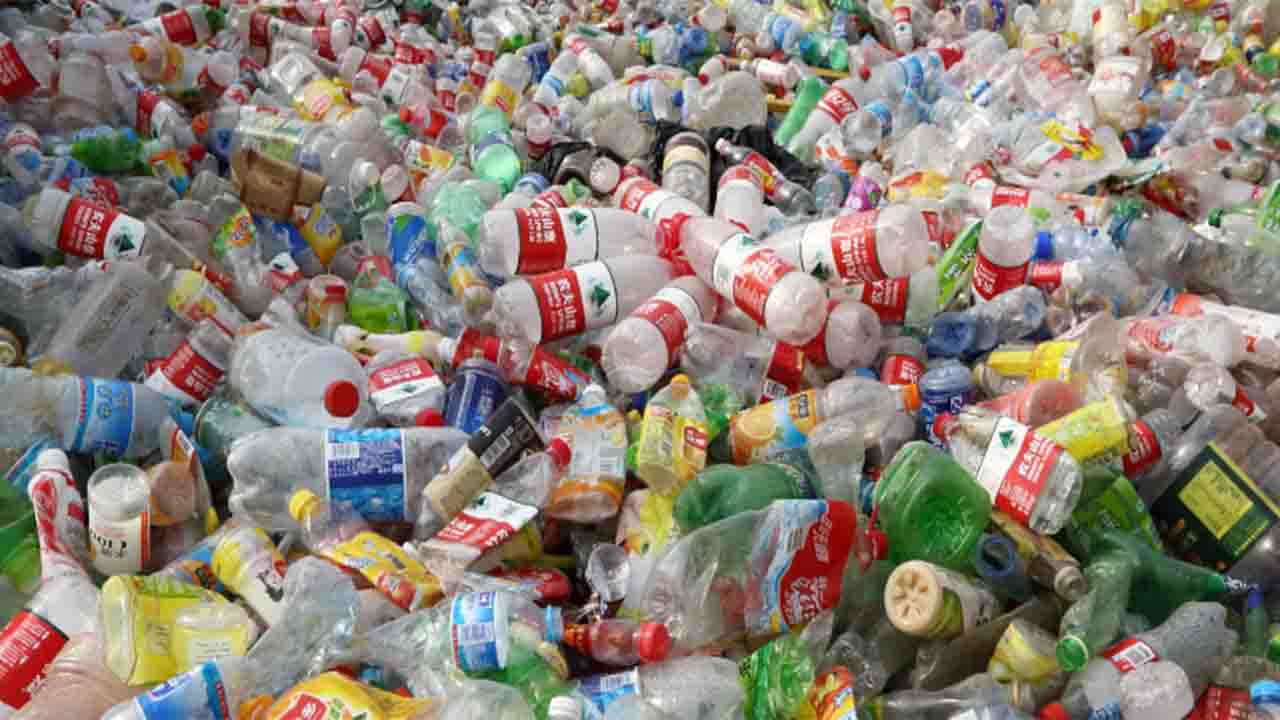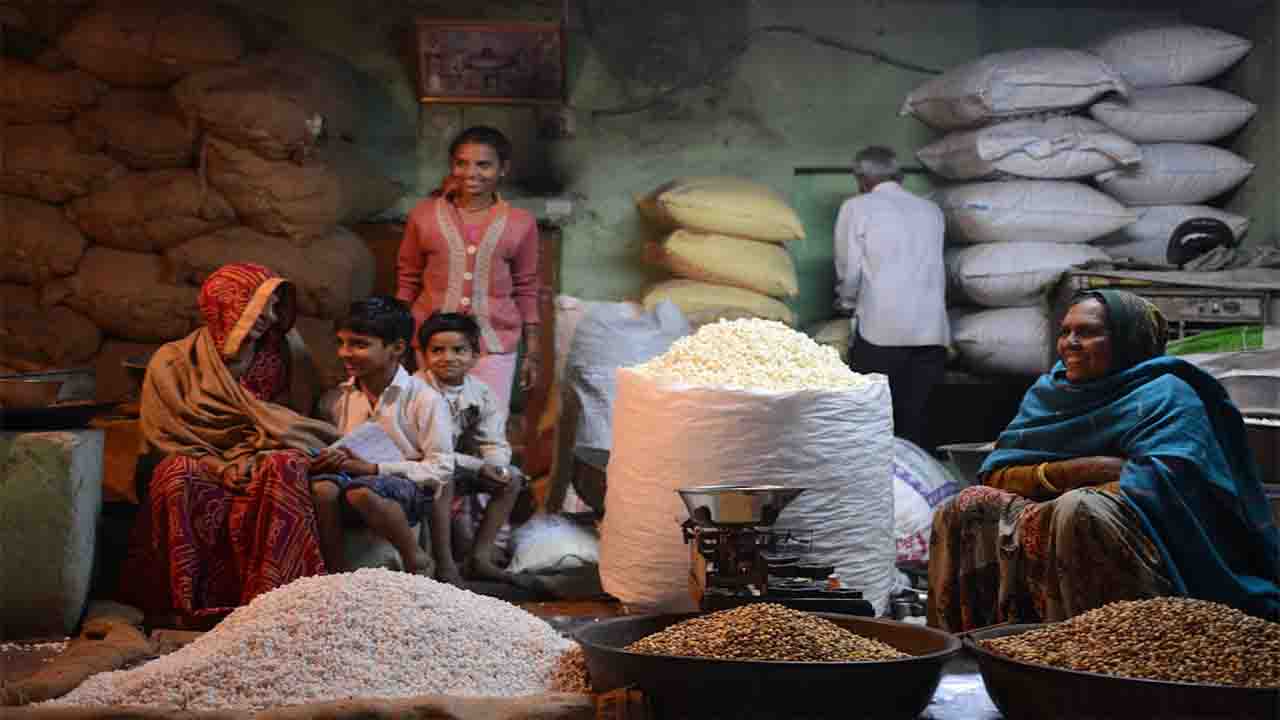Paris France (Global News)_ The Intergovernmental Negotiating Committee on Plastic Pollution is currently in the throes of discussion to reduce plastic pollution, given that only 9 percent of plastic waste is recycled from a massive 460 million tonnes of plastic waste annually. Single-use plastic consumption increased exponentially during the pandemic by nearly 300 percent and has remained at similar levels since.

The discussions are aiming towards a legally binding pact focusing on the three Rs – reuse, recycle, and reorientation. The last R hones in on reorienting plastic packaging material to alternative materials which the Global Plastics Treaty in Paris is negotiating on.
Artists around the world have been using plastic in various sculptures and installations to place the spotlight on the massive environmental problem caused by plastics. Turn off the plastic tap, a three-story tall installation with a giant faucet leaking plastic was one such unveiled at the UNEP headquarters in Nairobi Kenya. However, while there’s much rhetoric on the elimination of plastic use, there’s little walking of the talk by most often developed nations, which are the largest polluters.
The negotiations known as INC2 aim to hammer out the framework and basic details of the first treaty draft, prior to the next round of negotiations to be held in Kenya in November.
A number of countries are pushing for circularity given the amount of plastic currently in use around the world. This would mean keeping the already produced plastic items that are in use in circulation as long as possible. However, while intentions may be focused in the right direction, the approach to tackling plastic waste differs from country to country with some not even having a plastic-focused waste management strategy.
The United States and Saudi Arabia who are large producers and consumers of plastic, prefer a system of national strategies, while some like Norway, Rwanda, New Zealand, the EU, and other countries are working on a top-down approach with the High Ambition Coalition they have formed. The Coalition sets global targets including targets for the reduction of virgin plastic production and the elimination of fossil fuel subsidies.
The United Nations Environment Programme (UNEP) which released a blueprint for the reduction of plastic waste by 80 percent by 2040, pushes governments to promote reusable options of plastic. This would reduce plastic waste by 30 percent. It also posits making recycling a stable and profitable venture, which will add another 20 percent to the reduction. Basically introducing refillable bottle systems, deposit return schemes, and replacing plastic wraps and sachets with compostable material will add to turning things around for plastic waste and a better planet for us all.











